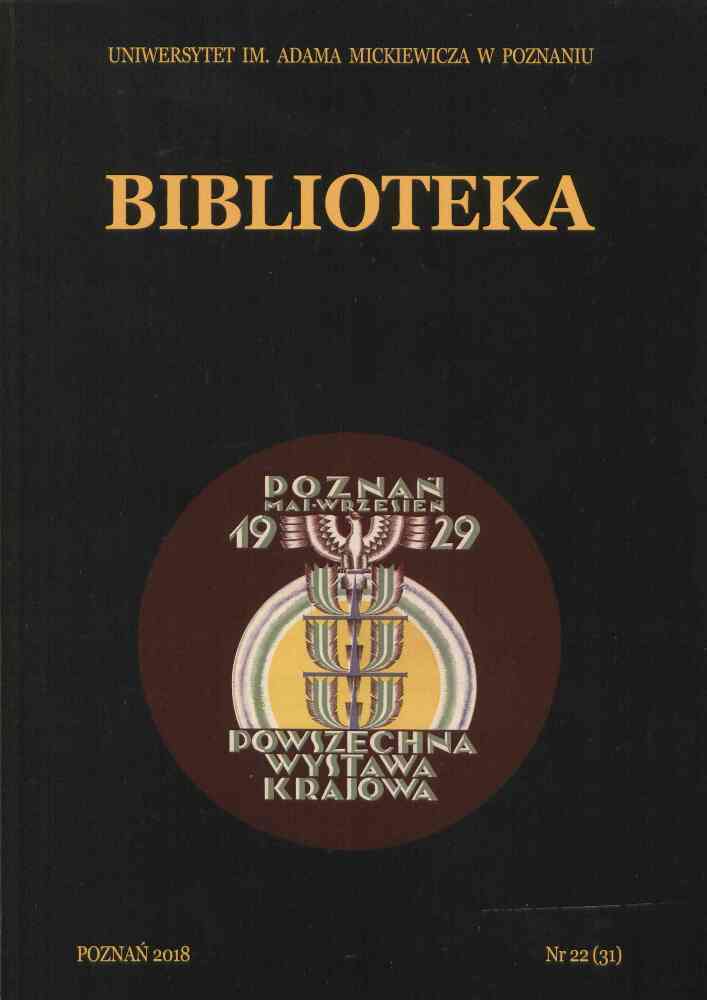Abstract
Massive Open Online Courses (MOOCs) hold the potential to open up educationalopportunities to a global audience. However, evidence suggests that only a small proportion of MOOC participants go on to complete their courses and relatively
little is understood about the MOOC design and implementation factors that influence retention. This paper reports a survey study of 379 participants enrolled
at university in Cairo who were encouraged to take a MOOC of their own choice as
part of their development. 122 participants (32.2%) went onto to complete an entire course. There were no significant differences in completion rates by gender, level of study (undergraduate or postgraduate) or MOOC platform. A post-MOOC survey of students’ perceptions found that MOOC Course Content was a significant predictor of MOOC retention, with the relationship mediated by the effect of content on the Perceived Effectiveness of the course. Interaction with the instructor of the MOOC was also found to be significant predictor of MOOC retention. Overall these constructs explained 79% of the variance in MOOC retention.
References
Adamopoulos P. (2013), What makes a great MOOC? An interdisciplinary analysis of student retention in online courses. In Thirty fourth international conference on information systems, Milan.
Alraimi K.M., Zo H., Ciganek A.P. (2015), Understanding the MOOCs continuance: the role of openness and reputation, „Computers and Education”, 80, s. 28–38.
Clow D. (2013), MOOCs and the funnel of participation, w: Proceedings of the third international conference on learning analytics and knowledge (LAK), Leuven, s. 185–189.
Davis F.D. (1989), Perceived usefulness, perceived ease of use, and user acceptance of information technology, „MIS Quarterly”, t. 13, nr 3, s. 319–340.
DeBoer J., Ho A.D., Stump G.S., Breslow L. (2014), Changing „course”: reconceptualizing educational variables for massive open online courses, „Educational Researcher”, t. 43 (2), s.74–84.
Ebben M., Murphy J.S. (2014), Unpacking MOOC scholarly discourse: a review of nascent MOOC scholarship, „Learning, Media and Technology”, t. 39 (3), s. 328–345, http://doi.org/10.1080/17439884.2013.878352.
Eom S.B., Wen H.J., Ashill N. (2006), The determinants of students’ perceived learning outcomes and satisfaction in university online education: an empirical investigation, „Decision Sciences Journal of Innovative Education”, t. 4 (2), s. 215–235.
Freitas S.I. de, Morgan J., Gibson D. (2015), Will MOOCs transform learning and teaching in higher education? Engagement and course retention in online learning provision, „British Journal of Educational Technology”, t. 46, s. 455–471, http://dx.doi.org/10.1111/bjet.12268.
Greene J.A., Oswald C.A., Pomerantz J. (2015, May 8), Predictors of retention and achievement in a massive open online course, „American Educational Research Journal” (Online First), http://doi.org/10.3102/0002831215584621.
Hew K.F. (2014), Promoting engagement in online courses: what strategies can we learn from three highly rated MOOCS, „British Journal of Educational Technology” (Online First), http://doi.org/10.1111/bjet.12235.
Kovanović V., Joksimović S., Gašević D., Siemens G., Hatala M. (2015), What public media reveals about MOOCs: a systematic analysis of news reports, „British Journal of Educational Technology”, t. 46 (3), s. 510–527, http://doi.org/10.1111/bjet.12277.
Liyanagunawardena T.R., Adams A.A., Williams S.A. (2013), MOOCs: a systematic study of the published literature 2008–2012, „The International Review of Research in Open and Distance Learning”, t. 14 (3), s. 202–227.
Marks R.B., Sibley S.D., Arbaugh J.B. (2005), A structural equation model of predictors for effective online learning, „Journal of Management Education”, t. 29 (4), s. 531–563.
Marshall S. (2014), Exploring the ethical implications of MOOCs, „Distance Education”, t. 35 (2), s. 250–262, http://doi.org/10.1080/01587919.2014.917706.
Mason R. (1991), Analyzing computer conferencing interactions, „International Journal of Computers in Adult Education and Training”, t. 2 (3), s. 161–173.
MIT News (2014, May 30), MIT and Harvard release de-identified learning data from open online courses, http://newsoffice.mit.edu/2014/mit-and-harvard-releasede-identified-learning-data-open-online-courses [dostęp: 20.08.2015].
Pappano L. (2012), The year of the MOOC, „New York Times”, November 2, http://www.nytimes.com/2012/11/04/education/edlife/massive-open-onlinecoursesare-multiplying-at-a-rapid-pace.html?pagewantedĽall&_rĽ0.
Peltier JW., Drago W., Schibrowsky J.A. (2003), Virtual communities and the assessment of online marketing education, „Journal of Marketing Education”, t. 25 (3), s. 260–276.
Peltier J.W., Schibrowsky J.A., Drago W. (2007), The interdependence of the factors influencing perceived quality of the online learning experience: a causal model, „Journal of Marketing Education”, t. 29 (2), s. 140–153.
Raffaghelli J.E., Cucchiara S., Persico D. (2015), Methodological approaches in MOOC research: retracing the myth of proteus, „British Journal of Educational Technology”, t. 46 (3), s.488–509, http://doi.org/10.1111/bjet.12279.
Reich J. (2014), MOOC completion and retention in the context of student intent, „EDUCAUSE Review”, http://www.educause.edu/ero/article/mooc-completion-andretention-context-student-intent [dostęp: 28.07.15].
License
Copyright (c) 2018 Kate S. Honea, Ghada R. El Said

This work is licensed under a Creative Commons Attribution-ShareAlike 4.0 International License.
Utwory opublikowane w czasopiśmie Biblioteka, na platformie Pressto należącej do Uniwersytetu im. Adama Mickiewicza w Poznaniu od 2015 roku są udostępniane na
licencji Creative Commons Uznanie autorstwa-Na tych samych warunkach 4.0 Międzynarodowe.
Tym samym wszyscy zainteresowani są uprawnieni do korzystania z utworów opublikowanych po 2015 roku pod następującymi warunkami:
- uznania autorstwa czyli obowiązek podania wraz z rozpowszechnianym utworem informacji o autorstwie, tytule, źródle (odnośniki do oryginalnego utworu, doi) oraz samej licencji
- na tych samych warunkach — remiksując utwór, przetwarzając go lub tworząc na jego podstawie, należy swoje dzieło rozpowszechniać na tej samej licencji, co oryginał.
Uniwersytet im. Adama Mickiewicza w Poznaniu zachowuje prawo do czasopisma jako całości (układ, forma graficzna, tytuł, projekt okładki, logo itp.).
Autor zachowuje prawa majątkowe, ale udziela zgody Uniwersytetowi im. Adama Mickiewicza w Poznaniu na wykorzystanie dzieła. Autorzy tekstów zakwalifikowanych do publikacji proszeni są o wypełnienie podpisanie i przesłanie umowy.
Jeżeli autor artykułu nie jest przekonany, że może wykorzystywać cudze utwory (np. ilustracje, fotografie, tabele) w ramach cytatu we własnej tekście musi dostarczyć do redakcji czasopisma zgodę od uprawnionych podmiotów.
Prawa są zastrzeżone do wszystkich tekstów opublikowanych przed rokiem 2015.





